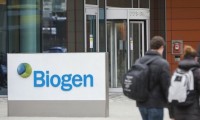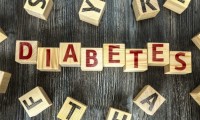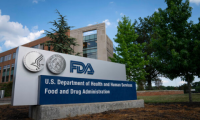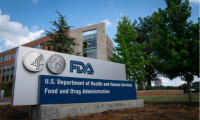-
Stalicla secures funds for late-stage assets amid CNS buzz
- Source: drugdu
- 102
- February 8, 2024
-
Neuro Biotech Alto Adds $128M in IPO Cash for Biomarker-Based Psych Drugs
- Source: drugdu
- 86
- February 5, 2024
-
Will the real standard of care please stand up?
- Source: drugdu
- 89
- February 5, 2024
-
Biogen abandons Aduhelm efforts, focuses on Eisai-partnered Leqembi and pipeline drugs
- Source: drugdu
- 203
- February 2, 2024
-
Biosimilar Insulins Promise Patients New Choices, But Competition Is Still Lacking
- Source: drugdu
- 84
- January 30, 2024
-
J&J, Merck CEOs dodge subpoenas by agreeing to testify at Senate committee’s pricing hearing
- Source: drugdu
- 153
- January 30, 2024
-
J&J, AZ/Daiichi Sankyo cancer therapies lead Clarivate’s annual rundown of notable new meds
- Source: drugdu
- 151
- January 19, 2024
-
FDA’s Preliminary Review of GLP-1 Meds Finds No Tie to Suicidal Thoughts, Actions
- Source: drugdu
- 164
- January 15, 2024
-
FDA’s Preliminary Review of GLP-1 Meds Finds No Tie to Suicidal Thoughts, Actions
- Source: drugdu
- 99
- January 12, 2024
-
AbbVie ends 2023 on a high taking the leading spots as the biggest drug ad spender in December
- Source: drugdu
- 155
- January 10, 2024
your submission has already been received.
OK
Subscribe
Please enter a valid Email address!
Submit
The most relevant industry news & insight will be sent to you every two weeks.













